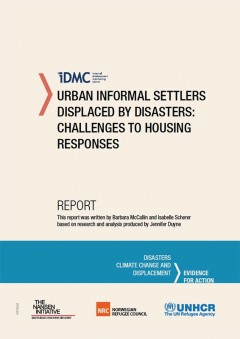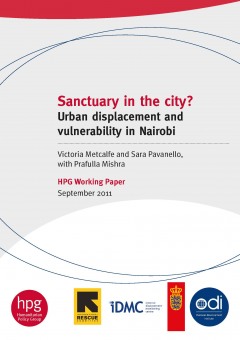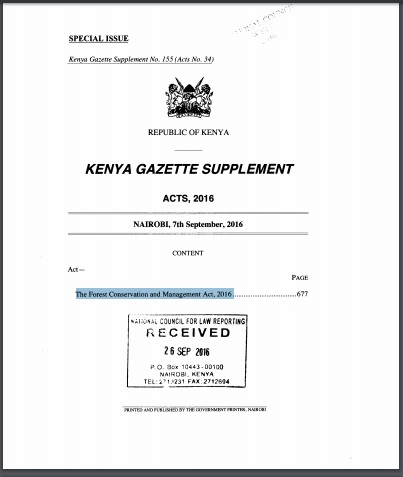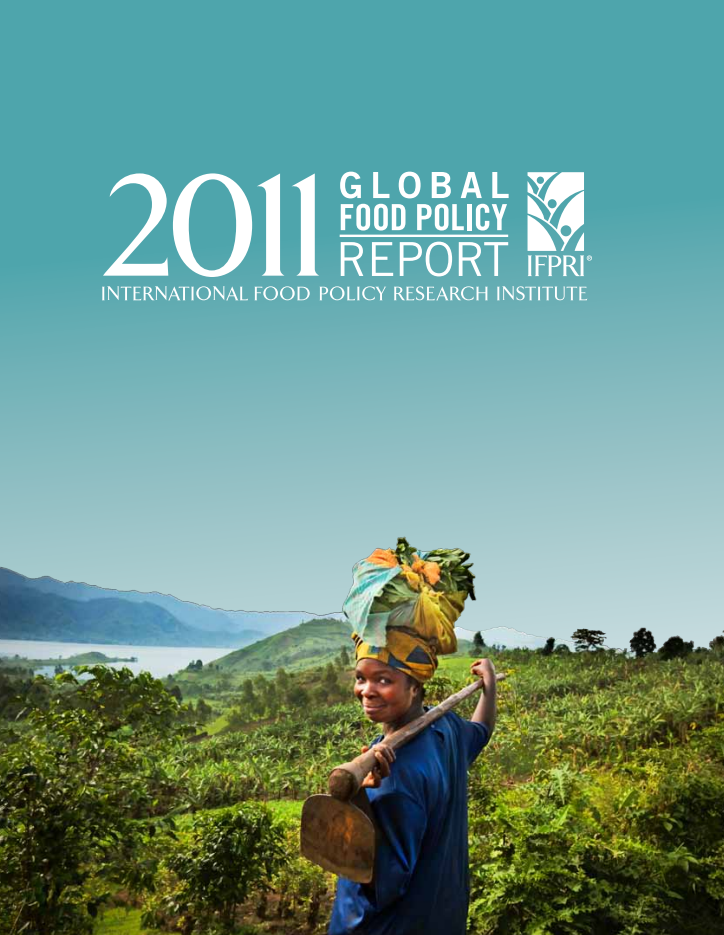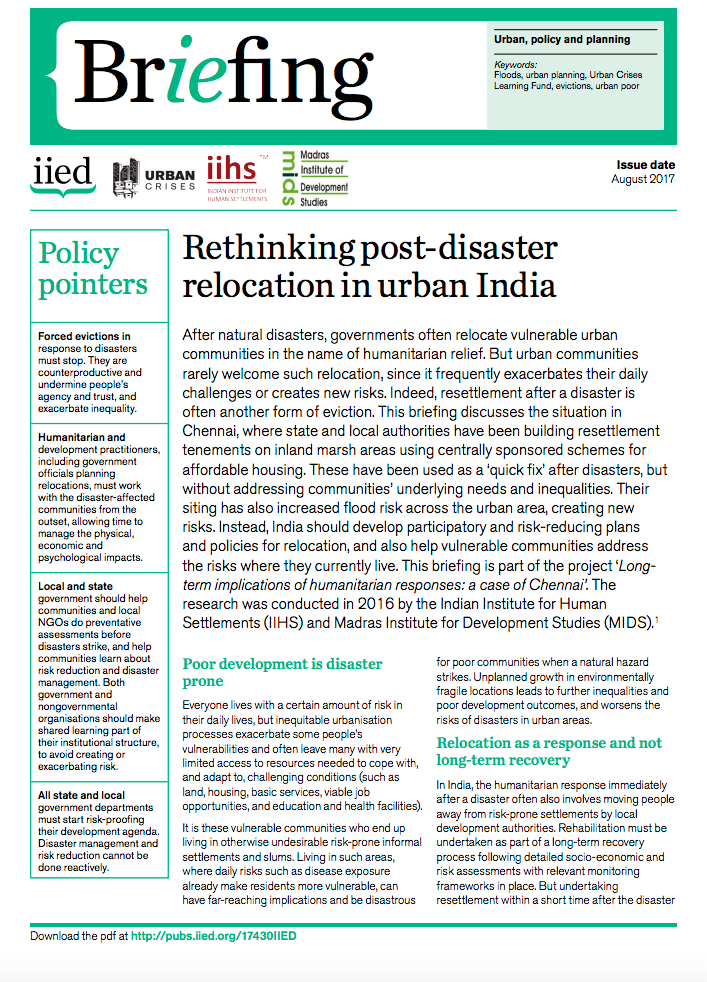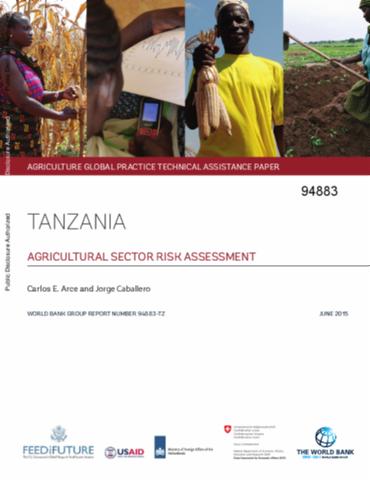Urban informal settlers displaced by disasters: challenges to housing responses
IDMC's report explores the challenges in providing sustainable housing assistance to informal urban settlers displaced by disasters. It looks at nine case studies from Asia, America and Europe.
The report identifies the difficulties faced by urban informal settlers in receiving long-term housing assistance in post-disaster situations. Informal settlers are more exposed and vulnerable to displacement and are more likely to be relocated and excluded from the provision of durable housing assistance.
Global estimates 2011: People displaced by natural hazard-induced disasters
In 2011, 14.9 million people were internally displaced throughout the world due to natural disasters, mostly related to weather events such as floods and storms. 89% of the displacement occurred in Asia.
Download the report
Sanctuary in the city?
n recent decades, many cities and towns around the world have seen dramatic population growth, with significant inflows from rural areas. People forcibly displaced by armed conflict, violence or natural disasters have moved to urban areas in search of greater security, better access to basic services and greater economic opportunities.
The Forest Conservation and Management Act, 2016
THE FOREST CONSERVATION AND MANAGEMENT ACT, 2016 No. 34 of 2016
Date of Assent: 31st August, 2016
Date of Commencement: By Notice
The Wildlife Conservation and Management Act, 2013.
THE WILDLIFE CONSERVATION AND MANAGEMENT ACT, 2013 No. 47 of 2013
Date of Assent: 24th December, 2013
Date of Commencement: 10th January, 2014
Global Food Policy Reports 2011
The 2011 Global Food Policy Report is a new annual IFPRI publication that provides a comprehensive, research-based analysis of major food policy challenges at the global, regional, national, and local levels. It highlights important developments and events in food policy that occurred in 2011, discusses lessons learned, offers policy recommendations, presents IFPRI’s food policy tools and indicators, and takes a look forward into 2012. The Report reflects perspectives from across the globe.
An analysis of the determinants of flood damages
In this paper we analyze mortality caused by 2,194 large flood events between 1985 and 2008 in 108 countries. Unlike previous studies that looked at natural-disaster mortality, we find that year-to-year changes in income and institutional determinants of vulnerability do not affect flood mortality directly. Income and institutions influence mortality only indirectly, through their impact on the intensity and frequency of floods. Population exposure affects the number of deaths both directly and indirectly.
Impacts of long-term climate and forest ecosystem changes over the 1951-2009 period in Thailand
Rethinking post-disaster relocation in urban India
After natural disasters, governments often relocate vulnerable urban communities in the name of humanitarian relief. But urban communities rarely welcome such relocation, since it frequently exacerbates their daily challenges or creates new risks. Indeed, resettlement after a disaster is often another form of eviction. This briefing discusses the situation in Chennai, where state and local authorities have been building resettlement tenements on inland marsh areas using centrally sponsored schemes for affordable housing.
Solomon Islands
This report aims to build understanding of the existing disaster risk financing and insurance (DRFI) tools in use in the Solomon Islands and to identify gaps where engagement could further develop financial resilience. It also aims to encourage peer exchange of regional knowledge, specifically by encouraging dialogue on past experiences, lessons learned, optimal use of these financial tools, and the effect these tools may have on the execution of post-disaster funds.
Tanzania
This study aims to achieve a better understanding of the agricultural risk and risk management situation in Tanzania with a view to identifying key solutions to reduce current gross domestic product (GDP) growth volatility. For the purpose of this assessment, risk is defined as the probability that an uncertain event will occur that can potentially produce losses to participants along the supply chain.


